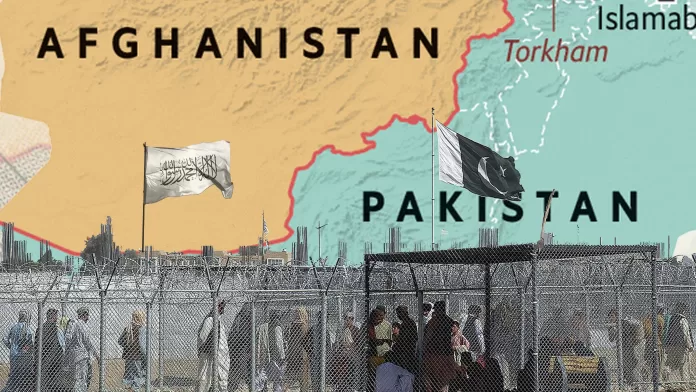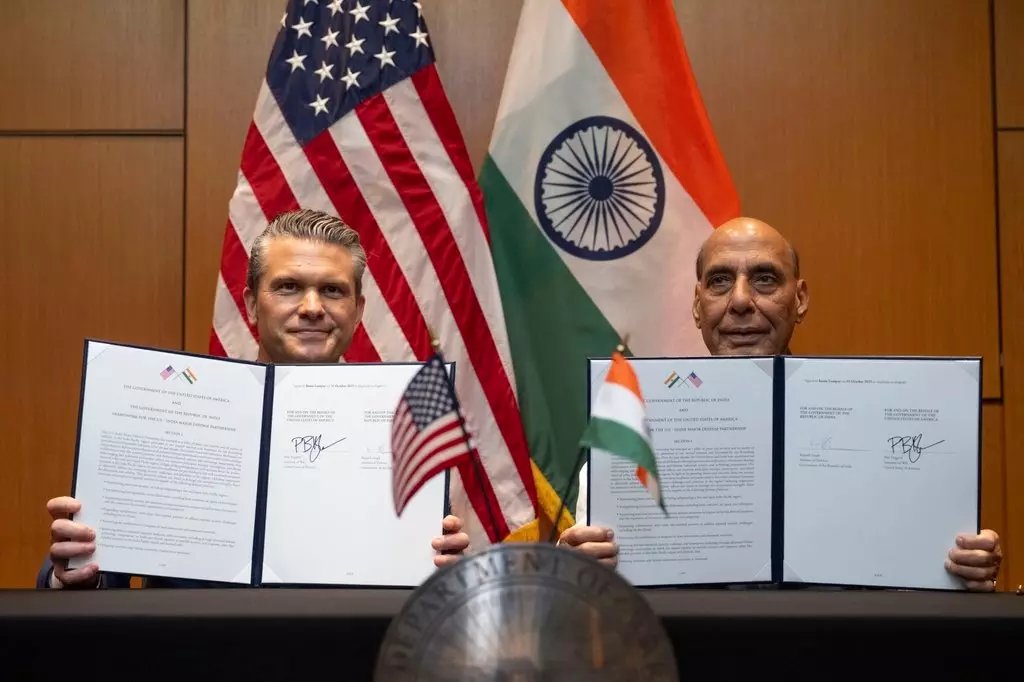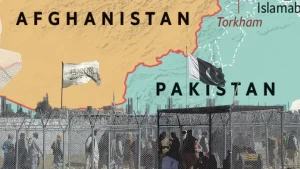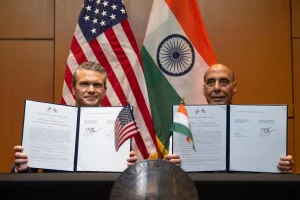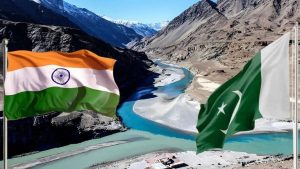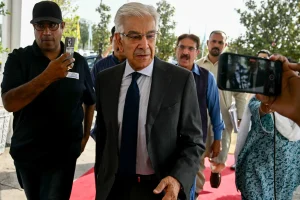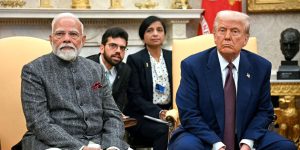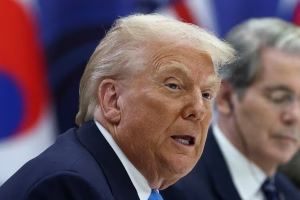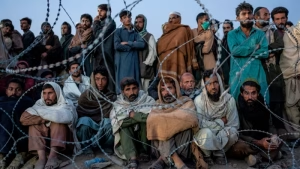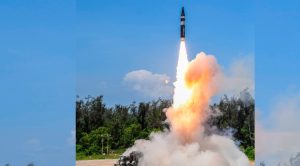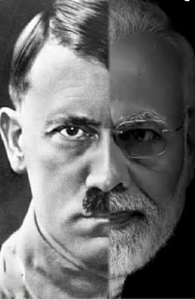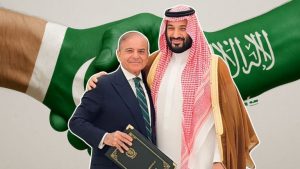In September this year, Pakistan and Saudi Arabia signed a Strategic Mutual Defence Agreement (SMDA), stating that ‘any aggression against either country shall be considered as an act of aggression against both.’ It is said that the ‘agreement, which reflects the shared commitment of both nations to enhance their security and to achieve security and peace in the region and the world, aims to develop aspects of defense cooperation between the two countries and strengthen joint deterrence against any aggression.’ This defence pact is the formalization of the long-held informal defence collaboration between Saudi Arabia and Pakistan. The agreement does not include the provision of nuclear umbrella to Saudi Arabia by Pakistan, as often discussed these days, but states that the security threats to each country would be mutually addressed.
Notably, the agreement was concluded after the Israeli strikes on Doha on September 9, intended to target the Hamas senior leader and the members of the Palestinian delegation that have been visiting for negotiation aimed at securing a ceasefire in Gaza, facilitated by the Qatari leadership. This illegal act of Israel has raised concerns of Israel’s unprovoked attacks in future on any of the Gulf countries. In this context Saudi Arabia, being the leading country in the region, has determined that the defence pact between Pakistan and Saudi Arabia would serve as a deterrence against the perceived threat. The United States (US) previously maintained close cooperation with the United Arab Emirates (UAE) and other Gulf states on border security, maritime security, military preparedness, cybersecurity, and counterterrorism. However, US cooperation in these areas has been weakening in recent years due to Israel’s contentious policies and actions across the Middle East and Gulf, and also to protect its strategic partnership with Tel Aviv.
Interestingly, the agreement between Saudi Arabia and Pakistan was based on their historic cooperation and solidarity. This defence cooperation dates back to the 1960s, when Pakistan on the request of King Faisal, provided training and advisory support to the Saudi Air Force. Hence, a formal cooperation agreement was signed in 1967. However, this agreement encompassed the exchange of military personnel and training only. Prior to this agreement, hundreds of Pakistanis were assigned to Saudi Arabia as trainers, engineers and advisers to train Saudi soldiers in defence-related matters. With the passage of time, Pakistan extended its technical cooperation to civil aviation and also supported the establishment of Saudi defence fortifications along the Yemen border. Furthermore, during the Union of Soviet Socialist Republics (USSR) invasion of Afghanistan in 1979, the scale and scope of bilateral ties led to the formalization of this agreement through a protocol agreement signed in 1982. Under this protocol, a Saudi Arabia – Pakistan bilateral security cooperation was established, authorizing the huge deployment of Pakistani forces in different parts of Saudi Arabia for training and operational matters. Islamabad has also been steadfast in reassuring the protection of the holy places in the Kingdom of Saudi Arabia (KSA) during the Gulf War in 1990-1990 by stationing its forces in key strategic positions in the country.
The significant aspect of SMDA stems from its timing and the development in the Gulf region. It comes at a time when the Gulf Cooperation Council (GCC) states have given consent to reinvigorate their joint defense agreement formally made in 2000. That agreement states that attack on one state would be considered as an attack against all. Considering this context, the SMDA logically aligns with the GCC framework. This security pact, in fact, integrates Pakistan’s security calculus within the Middle East security framework, which is structured around joint Military Cooperation Committees with Qatar, Oman, the UAE, Kuwait, and Bahrain.
Hence, the recent defence pact can benefit both Saudi Arabia and Pakistan in multiple ways. First, keeping in view the contemporary regional as well as the global security environment, it is essential for both Saudi Arabia and Pakistan to enhance their defence ties. Secondly, this agreement can play a critical role in making Saudi Arabia a self-reliant and self-sufficient state through joint drills, advanced training and co-production facilities in the military domain, aligned with Riyadh’s vision on 2030.
In the meantime, Pakistan has strengthened its political, security and economic relation with other countries, including Azerbaijan and Türkiye. During the recent United Nations Security Council (UNSC) meeting, Pakistan, as a responsible state, has also supported the peaceful resolution of disputes and remained active in UN Hight-Level Conference on two-state solution co-chaired by France and Saudi Arabia. Together, these cooperation and responsible behaviour have inspired Riyadh, demonstrating the path for defence agreement.
Amid the evolving regional and global security challenges, the SMDA as a whole represents both the revival of the partnership that has been built in decades and also in reshaping and strengthening the relationship for a security calculus in the future.



